What really is the 4th industrial revolution, and what does it mean for you?
2 July 2021
We’re in the midst of the 4th Industrial Revolution—exponential changes in the way we work, live, and interact with one another as a result of the combination of technologies such as machine learning and artificial intelligence intermingling with the physical world to create cyber-physical systems. It could be argued that the 4th Industrial Revolution, also known as Industry 4.0, was already evolving at an exponential rate, but as the world responded to the COVID-19 pandemic, the revolution accelerated. While many are anxious to “return to normal” post-pandemic, the reality is that we are creating a new normal. Let’s take a look at the changes the 4th Industrial Revolution is responsible for and how businesses must re-think their business models and also consider the skills individuals must focus on building to succeed in the new reality.
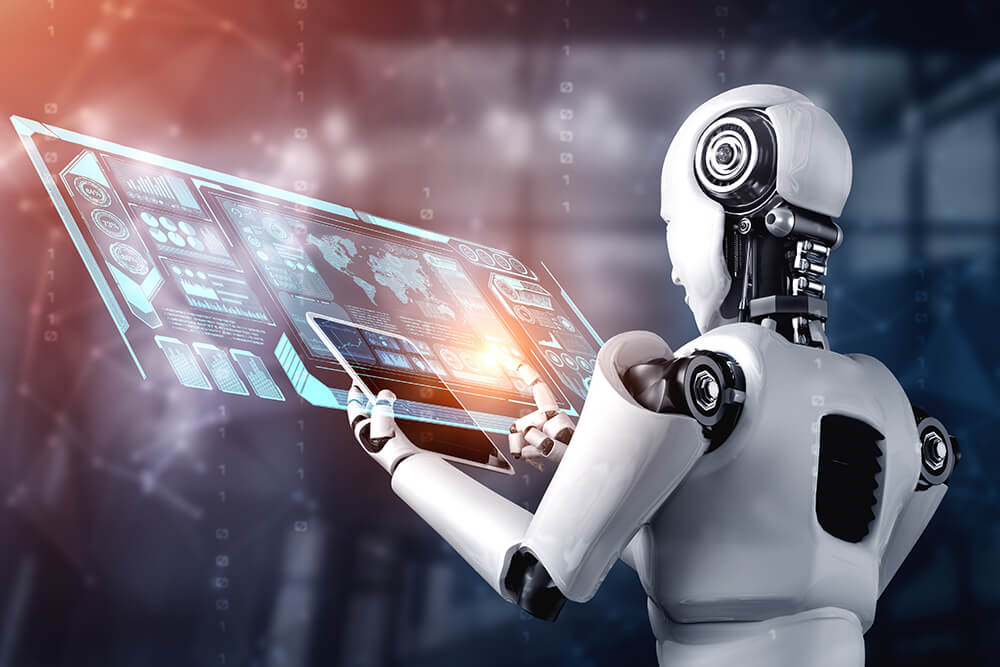
The 4th Industrial Revolution
Before there was Industry 4.0 or the 4th Industrial Revolution, there were industrial revolutions ushered in by steam and water power, electricity and assembly lines, and computerization. These revolutions dramatically altered businesses and lifestyles. The 4th is no different except that the disruption it brings will impact all disciplines, industries, and economies at an incredibly rapid velocity. This prompted Professor Klaus Schwab to write in his book The Fourth Industrial Revolution, “The changes are so profound that, from the perspective of human history, there has never been a time of greater promise or potential peril.”
The 4th Industrial Revolution is driven by technology that includes:
Artificial intelligence (AI) and machine learning: While AI is already used in our everyday lives, such as in our smartphones, it’s also the foundation for many of the other technology trends of the 4th Industrial Revolution. Through machine learning, AI gets more intelligent with experience.
The Internet of Things (IoT): The internet of things are everyday objects that are connected to the internet and to each other and share data. This data forms the basis from which algorithms are then able to respond, act, and learn.
Big data: Since the beginning of the digital age, the amount of data has grown at an astonishing rate. It’s big data that is analyzed by intelligent algorithms that helps machines spot patterns and relationships that were previously unknown.
Cloud and edge computing: Cloud computing gives companies the ability to host vital IT infrastructure in the cloud, and that helps them reduce overhead costs and makes it easier to scale. Edge computing allows computing to get done closer to the source of the data and away from the cloud to optimize systems.
Robots and cobots: Robots are expanding beyond the manufacturing facility and into the wider world of business and even our homes. Collaborative robots, cobots, are designed to work alongside humans as colleagues.
5G Network: In order for the real-time data transfer from all of our connected devices to achieve its real promise to run the 4th Industrial Revolution, we need a mobile network that can support the data stream with the speeds that are demanded no matter where the devices are located. That’s precisely the goal of the 5G network.
Digital Transformation of Business
As many businesses were forced to realize with COVID-19, the new normal requires a different way to approach business. As with any industrial revolution, there are challenges and opportunities in the 4th Industrial Revolution as cyber and physical worlds interact and co-exist. There are certainly new products and services available—Alexa and Siri weren’t a part of the common lexicon a decade ago, but now these personal assistants give us the weather, play music via voice command, and give us directions. Today’s technology makes global supply chains extremely efficient, which opens new markets to drive economic growth. It’s challenging to even anticipate what the near future holds, and businesses are challenged to prepare for the unknown. While disruption is exciting and leads to innovation, it can also be unnerving.
The way businesses interact with customers, and customers’ expectations of companies are changing. More transparency, personalization, and product and service options are demanded.
The 4th Industrial Revolution is not only contributing to changes in customer expectations but also leading to major shifts in business models that include global platforms (which require updates to talent, an organization’s culture and structure), the products and services offered, and innovation.
Professional Skills for the 4th Industrial Revolution
As businesses transform in response to the 4th Industrial Revolution, some jobs humans do today will be taken over by machines. Even if your job isn’t lost, the skills that are deemed important tomorrow will not be the ones that are important today. The 4th Industrial Revolution demands some new professional skills, especially those that AIs and robots can’t do better than humans. Here are some skills you might want to plan into your professional development:
Critical thinking: There’s no doubt there is a lot of information and data available, but those who are able to discern which information is trustworthy and who can objectively evaluate information will be in high demand.
Data literacy: It’s not enough to collect data—the fuel of the 4th Industrial Revolution. Data needs to turn into business value. Individuals who are data literate can take information from data analytics and transform it into business insights.
Creativity: Humans are still better than machines at creativity. So, those who can dream about a better tomorrow and forge a new way of thinking will help organizations move forward.
Emotional intelligence (EQ): Another human attribute that is essential in the 4th Industrial Revolution is emotional intelligence—the ability to be aware of, control, and express our emotions and the emotions of others. As long as there are humans in the workforce, EQ will be a valuable skill to possess.
Judgment and decision-making: As data becomes democratized, more individuals will be in data-driven decision-making positions. Important human members of the team are those that can take input from the data and understand how decisions made from that data can impact an organization in various ways.
Leadership: It is expected that organizations will flatten as decision-making responsibilities are filtered to many more people in an organization who are empowered by data. This means there will be more people in leadership positions who will need to inspire the best out of all on their teams.
While there is no way to predict how our businesses and professional lives will look at the end of the 4th Industrial Revolution, we do know one thing: It won’t look the same as today.
Where to go from here
If you would like to know more about , check out my articles on:
Or browse the Artificial Intelligence & Machine Learning to find the metrics that matter most to you.
Related Articles
Why The AI Supercycle Will Fail Without Advanced Networks
By now, “smart” versions exist of just about every home appliance, gadget and gizmos we can think of. However, manufacturers continue[...]
The Two-Tier AI Economy: Why Half Of Companies Are Being Left Behind And How To Close The Gap
By now, “smart” versions exist of just about every home appliance, gadget and gizmos we can think of. However, manufacturers continue[...]
5 AI-Era Skills Mistakes That Will Cost Your Business Millions In 2026
By now, “smart” versions exist of just about every home appliance, gadget and gizmos we can think of. However, manufacturers continue[...]
5 ESG Trends That Will Shape Business in 2026
By now, “smart” versions exist of just about every home appliance, gadget and gizmos we can think of. However, manufacturers continue[...]
The 5 Robotics Trends In 2026 You Must Get Ready For Now
By now, “smart” versions exist of just about every home appliance, gadget and gizmos we can think of. However, manufacturers continue[...]
10 Generative AI Trends In 2026 That Will Transform Work And Life
By now, “smart” versions exist of just about every home appliance, gadget and gizmos we can think of. However, manufacturers continue[...]
Sign up to Stay in Touch!
Bernard Marr is a world-renowned futurist, influencer and thought leader in the fields of business and technology, with a passion for using technology for the good of humanity.
He is a best-selling author of over 20 books, writes a regular column for Forbes and advises and coaches many of the world’s best-known organisations.
He has a combined following of 4 million people across his social media channels and newsletters and was ranked by LinkedIn as one of the top 5 business influencers in the world.
Bernard’s latest book is ‘Generative AI in Practice’.




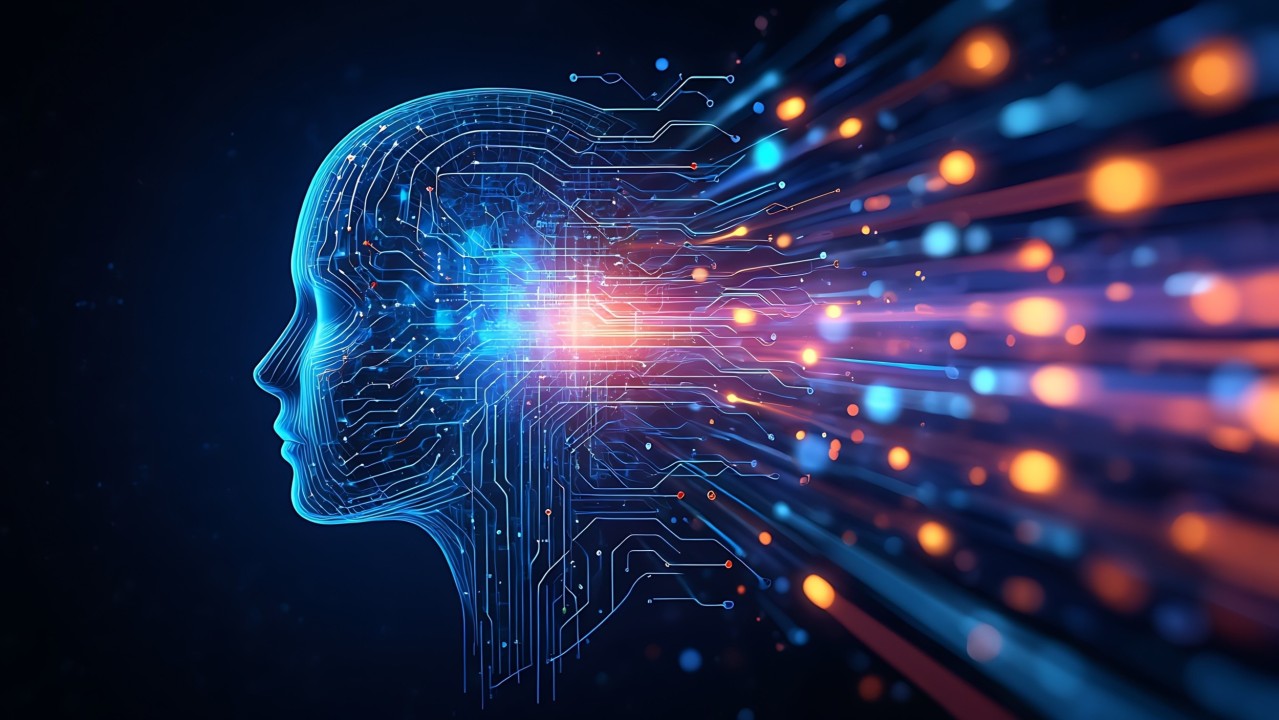


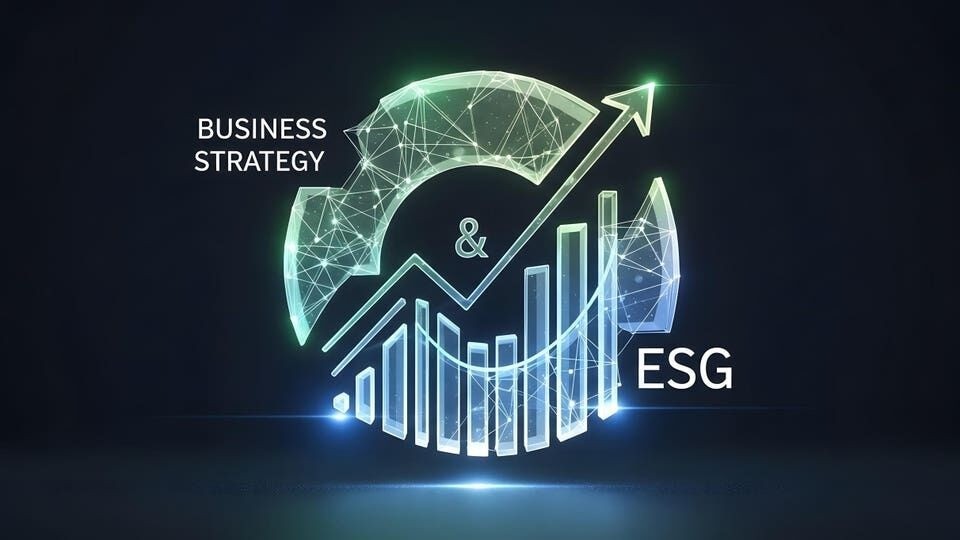
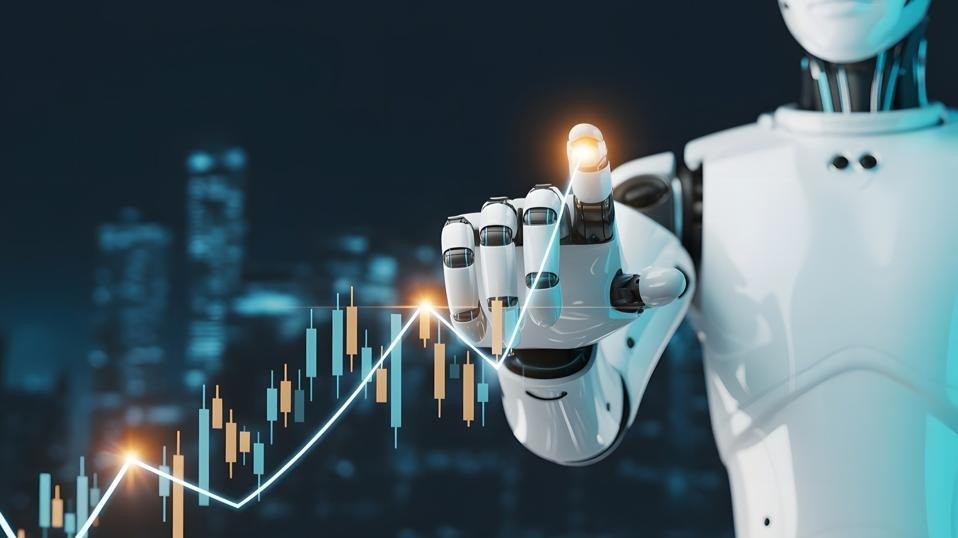
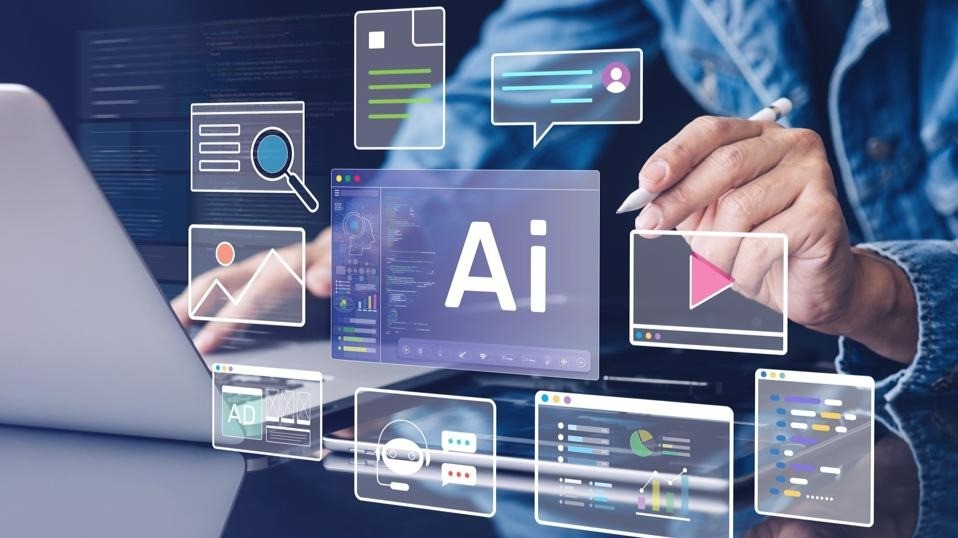
Social Media